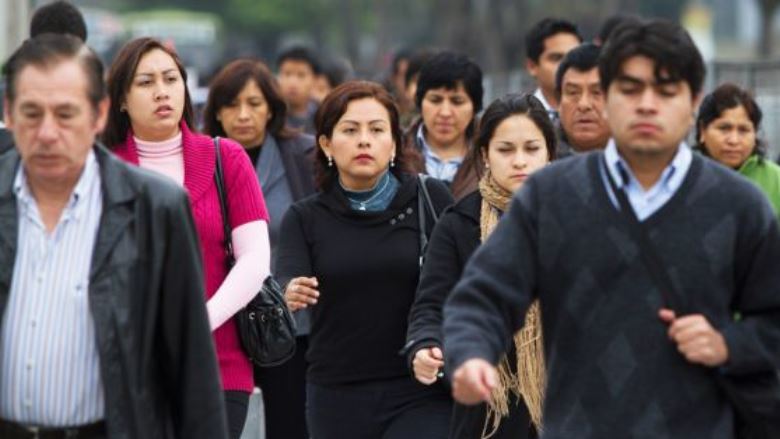Out of 16 priorities, “an honest and responsive government” was the fourth in the United Nations Global Survey for a better world. Right after better education, healthcare and job opportunities.
This makes sense, as it relates directly to the quality of public services people might receive. Also, in this era of new technologies and social media, it becomes increasingly easier for citizens and governments to communicate directly. Every person can be heard and an adequate and quick response by the government is often demanded by the citizens.
“Good governance, including open government reforms, is the cornerstone of effective service delivery, sound policy-making, and building trust between governments and citizens,” said Jan Walliser, World Bank Vice President for Equitable Growth, Finance, and Institutions, at the Open Government Partnership Summit in Mexico City at the end of October.
At an international level, the Open Government Partnership (OGP) brings together governments and civil society organizations that “recognize that governments are more likely to be effective and credible if they open their doors to public input and oversight.” This means that governments make available to citizens data that concern public spending and public services in general. It also means that governments should interact with citizens on these issues and allow them to have a say.
Experts hold that open government is essential to achieving the new Sustainable Development Goals (SDG) for 2030. These include eradicating poverty, education, health and environmental issues. The 16th goal most directly addresses the importance of open government: it encourages “the promotion of peaceful and inclusive societies for sustainable development, the provision of access to justice for all, and building effective, accountable institutions at all levels.”
“OGP members have made a head start in what is understood as key to progress across the SDGS – securing stakeholders’ commitment to build the kind of societies which make sustainable development possible,” said Helen Clark, Administrator of the United Nations Development Programme, “peaceful and inclusive societies and which have transparent, accountable, and responsive institutions and governance.”
To underscore the importance of Open Government, here are five examples of how Open Government Data can be used to fight poverty.
Improve health services
In Uruguay, a platform called A tu Servicio, gives citizens easy and visual access to data on health facilities across the country. This initiative, a collaborative work between the Uruguayan government and Data Uruguay, a civil society organization, shows average waiting time, the cost of medication, the satisfaction of users or how many specialists there are in different hospitals and clinics. This permits citizens to compare facilities. Another initiative in Indonesia, called Pencerah Nusantara, is also a collaboration between the government and civil society. It aims to revitalize primary healthcare centers, especially in rural areas, by sending health professionals to develop the capacity of local health providers and to interact more with rural communities, thus improving access to health services and also their responsiveness.
Improve security in education facilities
Over six years ago, 49 children died in a fire in a daycare center in Hermosillo, Mexico. Following this tragedy, the Mexican Social Security Institute (IMSS), in collaboration with the civil society organization Mexican Transparency, created a system in 2010 to check on the security conditions in daycare centers with the participation of parents. Every month, daycare centers are randomly selected for revision, and from these centers, parents are randomly selected to undertake the revision. The parents have a guide and check if every security measure is fulfilled. The results are then shared through an online system, and the reports are made available online. The IMSS stated that, since the program started about five years ago, every daycare center has been visited five times and that 37,000 parents participated.
Getting needed housing development
In the United Kingdom, citizens have a direct say in their neighborhood development, which includes what types of infrastructure and buildings are being planned, where they should be and what they should look like. Community organizations, for example, can prepare planning policies through a neighborhood plan, which is, after a series of steps, voted on by referendum. This kind of procedure ensures that citizens are informed and involved in getting the neighborhood development they need.
Faster access to public services
In Croatia, the government created an online portal called e-citizens, which allows citizens to access important documents, like birth certificates, in an easy manner. It also connects teachers, students and parents – parents can, for example, check their children’s grades online. Through the same portal, doctors and patients can send and receive prescriptions. Also, citizens are able to comment on legislations and law-making processes. The government stated that, in a year, the portal was used 2.5 million times.
Prevent corruption and make public procurement more efficient
In Tunisia, the e-procurement portal Tuneps, created by the government, allows access to information on public tenders online and publicly. It can be used by the media, but also by citizens and civil society organizations. It also links suppliers and public purchasers directly through the platform, thus making the procurement process faster.

